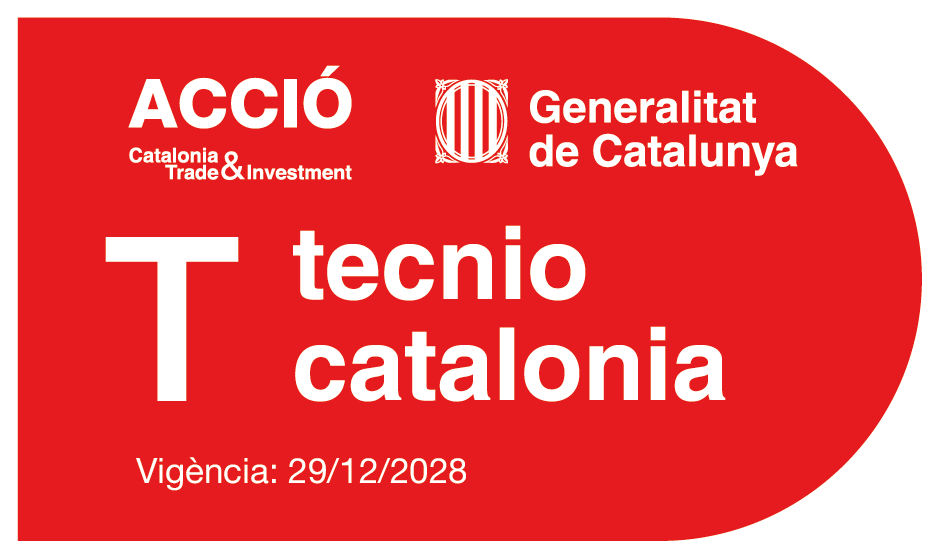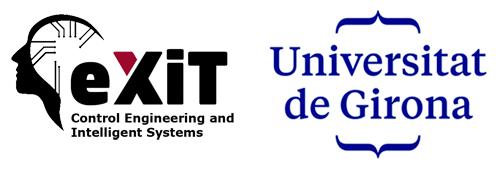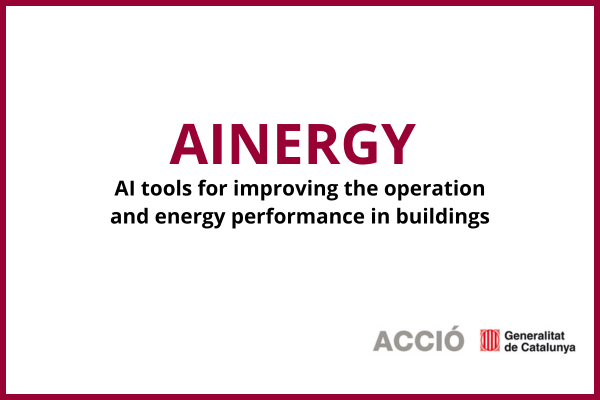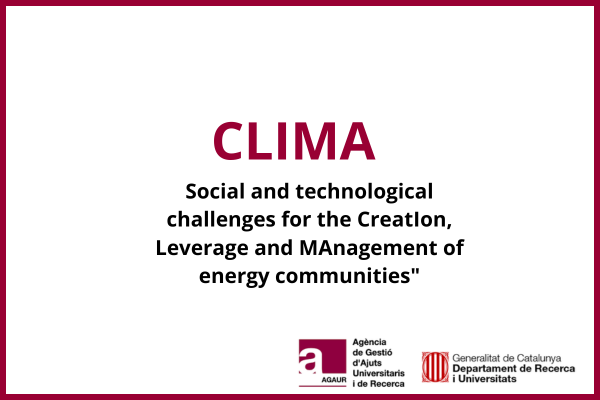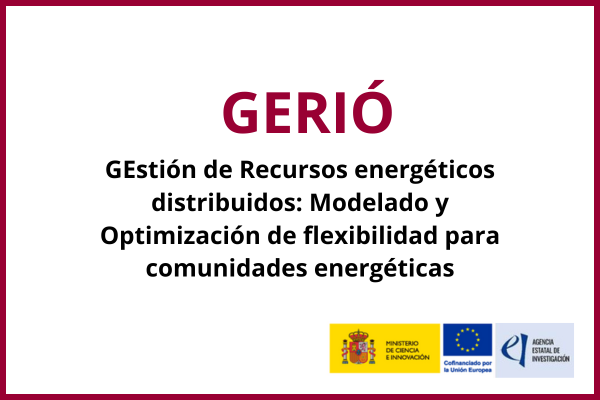
Reference:
Execution:
Web:
Main Researchers:
Center:
Contact:
Telephone:
202306-31
20/03/2024 – 19/03/2027
Beatriz López
+(34) 683637821
In the present project we want to understand the genetic factors that increase the risk of ischemic stroke. Special emphasis will be placed on understanding the differences between men and women. We will study these sex differences at the genetic and epigenetic level, which will allow us to understand how the disease occurs as well as to identify potential therapeutic targets for the development of new drugs and/or the use of drugs already described for other pathologies.
There are no previous studies studying genetic risk factors between men and women. This has led to studies in which all genetic data have been analysed together and may mask sex-specific patterns that could be playing an important role. These different genetic patterns could be key to guiding clinical practice.
To study this, we will use genome-wide analyses, which are unbiased studies in which we analyse all of an individual’s genetic information, known as the genome. We will analyse all chromosomes, as well as the sex chromosomes, which are usually excluded from studies because of the additional difficulty of analysis it poses. We will then perform association studies for ischemic stroke, and the etiological subtypes: atherothrombotic, cardioembolic, lacunar, undetermined and other aetiologies. This will be accompanied by integration studies with various omics data that will guide us in understanding how these genetic risk factors are acting. Finally, thanks to the collaboration with Dr. Beatriz López Ibáñez, from the University of Girona, we will group all the genetic, epigenetic and clinical information in scores that will allow us to know which people are at high or low risk of suffering an ischemic stroke. To do this we will use previously known tools as well as develop models with Machine Learning and Artificial Intelligence algorithms. Finally, we will evaluate the efficacy of these scores in independent cohorts.
The knowledge obtained from this study can be evaluated in clinical practice in order to have the most personalized medicine possible in the future, considering not only clinical factors but also all those genetic patterns that make us unique individuals.
This project has received funding from Fundació La Marató de TV3 – Ref. 202306-31
Transició energètica: electrificació de la demanda i gestió de la flexibilitat.
Meléndez i Frigola, J. (2024). Transició energètica: electrificació de la demanda i gestió de la flexibilitat. Revista de tecnologia, 2024, núm. 12, p. 56-68. DOI 10.2436/20.2004.01.53
Multi-vector energy management system including scheduling electrolyser, electric vehicle charging station and other assets in a real scenario
J. Massana; Ll. Burgas; S. Herraiz; J. Colomer; C. Pous
Journal of Cleaner Production. Volum: 380, Part 2.
https://doi.org/10.1016/j.jclepro.2022.134996
Day-Ahead Scheduling of Controllable Switches and Energy Storage for Optimal Power Flow Considering Forecast Errors
J. Massana, L. Burgas, J. Colomer, J. Melendez, A. Ferrer.
8th International Congress on Energy Efficiency and Energy Related Materials (ENEFM)
Turkey. 13/10/2022
Leveraging bi-directional EV charging for flexibility services in the distribution grid-the case of fever project
CIRED Porto Workshop 2022: E-mobility and power distribution systems: Porto, Portugal, 2-3 June 2022
Publisher: Institution of Engineering and Technology (IET)
http://hdl.handle.net/10256/21688
Potential benefits of scheduling electric vehicle sessions over limiting charging power
Marc Cañigueral, Joaquim Meléndez
CIRED Porto Workshop 2022: E-mobility and power distribution systems: Porto, Portugal, 2-3 June 2022
Publisher: Institution of Engineering and Technology (IET)
http://hdl.handle.net/10256/21587
